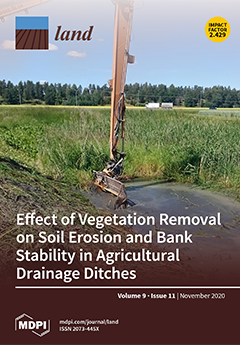Resource information
Forests managed by Indigenous and other local communities generate important benefits for livelihood, and contribute to regional and global biodiversity and carbon sequestration goals. Yet, challenges to community forestry remain. Rural out-migration, for one, can make it hard for communities to maintain broad and diverse memberships invested in local forest commons. This includes young people, who can contribute critical energy, ideas, and skills and are well positioned to take up community forest governance and work, but often aspire to alternative livelihoods and lifestyles. Through an initiative called the Future of Forest Work and Communities, we sought to connect researchers and practitioners with young people living in forest regions, and explore whether community forestry is, or could be, a viable option for them in a globalising world. We achieved this through two phases of qualitative research: youth visioning workshops and questionnaires conducted in 14 forest communities and regions across 9 countries, and a more in-depth case study of two forest communities in Oaxaca, Mexico, using participant observation and semi-structured interviews. We found important synergies across sites. Youth held strong connections with their communities and local forests, but work and/or study aspirations meant many would likely leave their home communities (at least for a time). Community forestry was not seen as an obvious livelihood pathway by a majority of youth, although interest in forest work was evident through participation in several workshop activities. As community leadership and support organisations consider community forestry as an engine of local development, the research highlights the importance of engaging local youth to understand their interests and ideas, and thus identify practical and meaningful ways to empower them as community and territorial actors.


